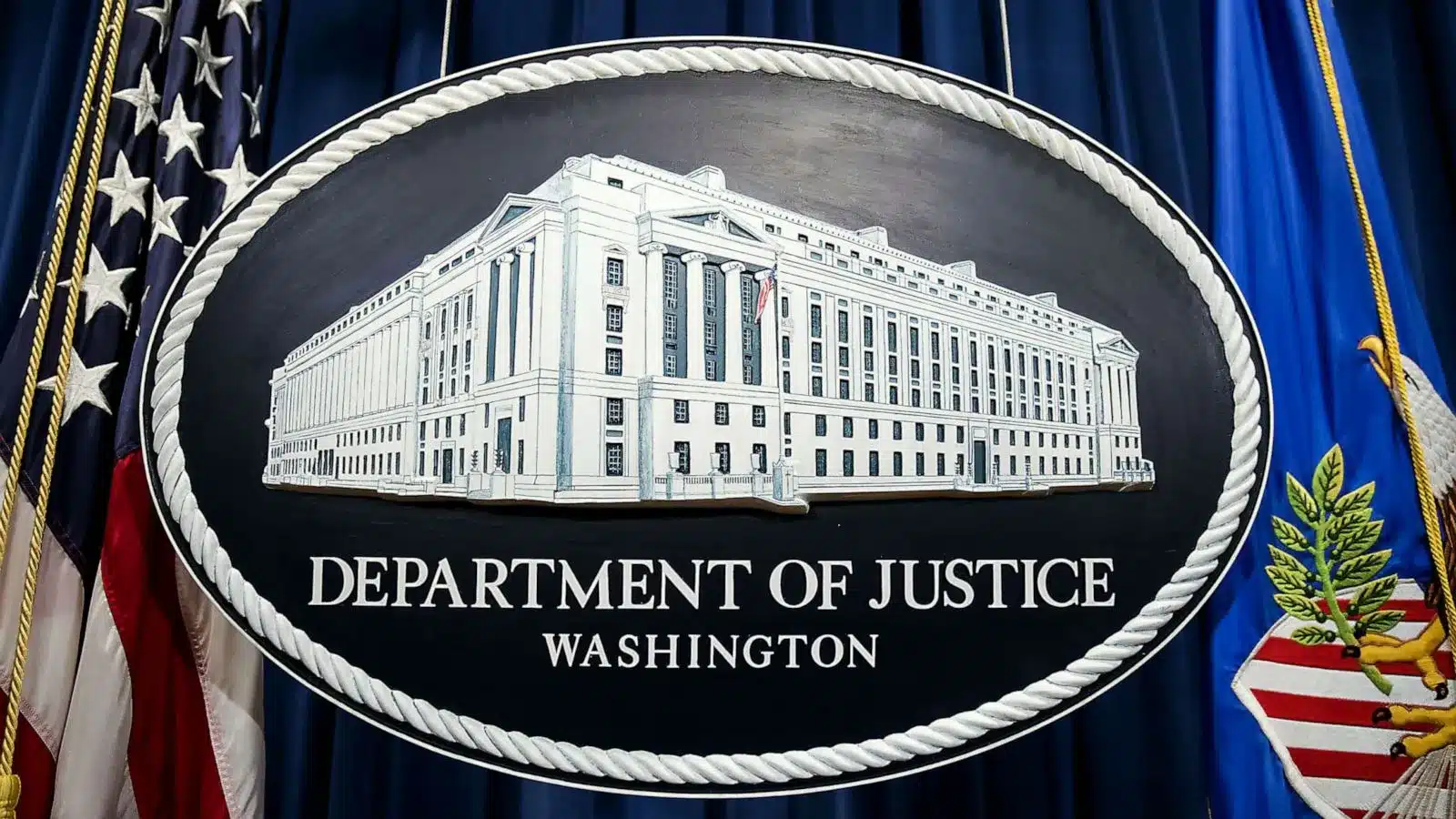The United States Department of Justice (DOJ) has charged two individuals concerning an AI crypto-trading ponzi scam that defrauded victims of over #25 million.
The DOJ stated in an announcement earlier today that the two suspects – an Australian national David Gilbert Saffron and a Los Angeles resident Vincent Anthony Mazzott, conspired to operate a fraudulent scheme to convince victims to register and invest in different trading programs.
Per the report, the trading program promised to utilize an Artificial Intelligence (AI) crypto trading bot to automate victims’ trade in cryptocurrency and earn high-yield profits.
Defendants use victims’ investments to fund expensive lifestyles
The defendants Saffron and Mazzot have been indicted for luring victims to a sophisticated AI crypto trading scheme with the promise of a high return on investment.
However, the money was never used for crypto trading, rather it was misused to fund the extravagant lifestyles of the accused. The money was spent on “private chartered jet flights, luxury hotel accommodations, private mansion rentals, a personal chef, and private security guards.”
The investment program was promoted under different guises like Circle Society, Bitcoin Wealth Management, Omicron Trust, Mind Capital, and Cloud9Capital.
Saffron and Mazzotta executed the scheme by creating a fake entity called the Federal Crypto Reserve. After luring victims to invest in the program, the fraudsters fraudulently solicit the victims to pay the Federal Crypto Reserve to investigate and recover their losses.
Furthermore, the DOJ revealed that Saffron often operated under several aliases including David Gilbert, Dave Gabe, Blue Wizard, and Bitcoin Yoda. to hide his identity.
In addition to wire fraud and money laundering, Saffron and Mazzota were also charged with conspiring to “obstruct official proceedings by concealing assets, concealing or destroying evidence, and falsifying records.”
“Saffron and Mazzota also allegedly conspired to conceal the source and location of victims’ cryptocurrency investments through various means, including using methods known as “blockchain hopping” and through services known as “mixers” or “tumblers” that are designed to prevent cryptocurrency tracing,” the statement reads.
If convicted, they each face the possibility of a maximum penalty of more than 50 years.
DOJ focus on boosting blockchain compliance
The United States Department of Justice has recently been focused on boosting the compliance of blockchain companies since its crackdown on cryptocurrency mixer Tornado Cash last year.
Particularly, following the $4.3 billion settlement for money laundering and violations of U.S. sanctions, the cryptocurrency exchange Binance has been subject to an ongoing compliance monitoring program, as disclosed by the DOJ on December 9.
Read more:
